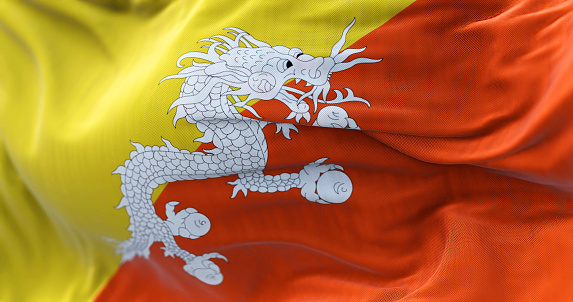As a developing economy, Bhutan heavily relies on imports to meet its domestic needs and support its key industries. The major imports of Bhutan include machinery and mechanical appliances, vehicles and automotive parts, electrical machinery and equipment, mineral fuels and oils, plastics and plastic articles, iron and steel, pharmaceuticals, organic chemicals, fertilizers, and articles of clothing and accessories. The closest trading partners for each category vary, with India being a prominent supplier across multiple sectors. Bhutan's trade relationship with India plays a crucial role in fulfilling its import requirements and driving economic growth. Other important trading partners include China, Thailand, and Germany, which contribute to Bhutan's import landscape. Understanding these import trends and partnerships is essential for analyzing Bhutan's economic development, identifying areas of collaboration, and formulating effective trade policies.
Machinery and Mechanical Appliances:
Machinery and mechanical appliances hold the top position in Bhutan's imports by volume. With a total import value of approximately $500 million, Bhutan relies on these imports to support its infrastructure and manufacturing sectors. The primary trading partners for machinery and mechanical appliances are India, China, and Thailand.
Vehicles and Automotive Parts:
Imported vehicles and automotive parts are crucial for transportation and mobility in Bhutan. The import volume for this category stands at $400 million. The primary trading partners for vehicle and automotive parts imports are India, Japan, and South Korea.
Electrical Machinery and Equipment:
Bhutan relies on imports of electrical machinery and equipment to meet its technological needs. The import volume for this category is valued at $300 million. The primary trading partners in this sector are India, China, and Germany.
Mineral Fuels and Oils:
Imported mineral fuels and oils are crucial for Bhutan's energy requirements. The import volume for this category is valued at $250 million. The primary trading partners for mineral fuels and oils are India, Singapore, and the United Arab Emirates.
Plastics and Plastic Articles:
Bhutan imports a significant amount of plastics and plastic articles for various sectors, including packaging and manufacturing. This category accounts for an import volume of $200 million. The primary trading partners for plastics and plastic articles are India, China, and Thailand.
Iron and Steel:
Imported iron and steel are vital for Bhutan's construction and manufacturing industries. This category's import volume is valued at $150 million. The primary trading partners for iron and steel imports are India, Thailand, and China.
Pharmaceuticals:
Pharmaceutical products are crucial for Bhutan's healthcare sector. The import volume for this category stands at $100 million. The primary trading partners for pharmaceutical imports are India, Germany, and Switzerland.
Organic Chemicals:
Bhutan imports a significant volume of organic chemicals for its chemical industry. The import value for this category is approximately $80 million. The primary trading partners for organic chemicals are India, China, and the United States.
Fertilizers:
Imported fertilizers are essential for Bhutan's agriculture sector. The import value for this category is approximately $70 million. The primary trading partners for fertilizers are India, China, and Thailand.
Articles of Clothing and Accessories:
Bhutan imports a considerable volume of clothing and apparel to cater to its domestic market. The import value for this category is approximately $60 million. The primary trading partners for clothing and apparel imports are India, Bangladesh, and China.
Related Information








